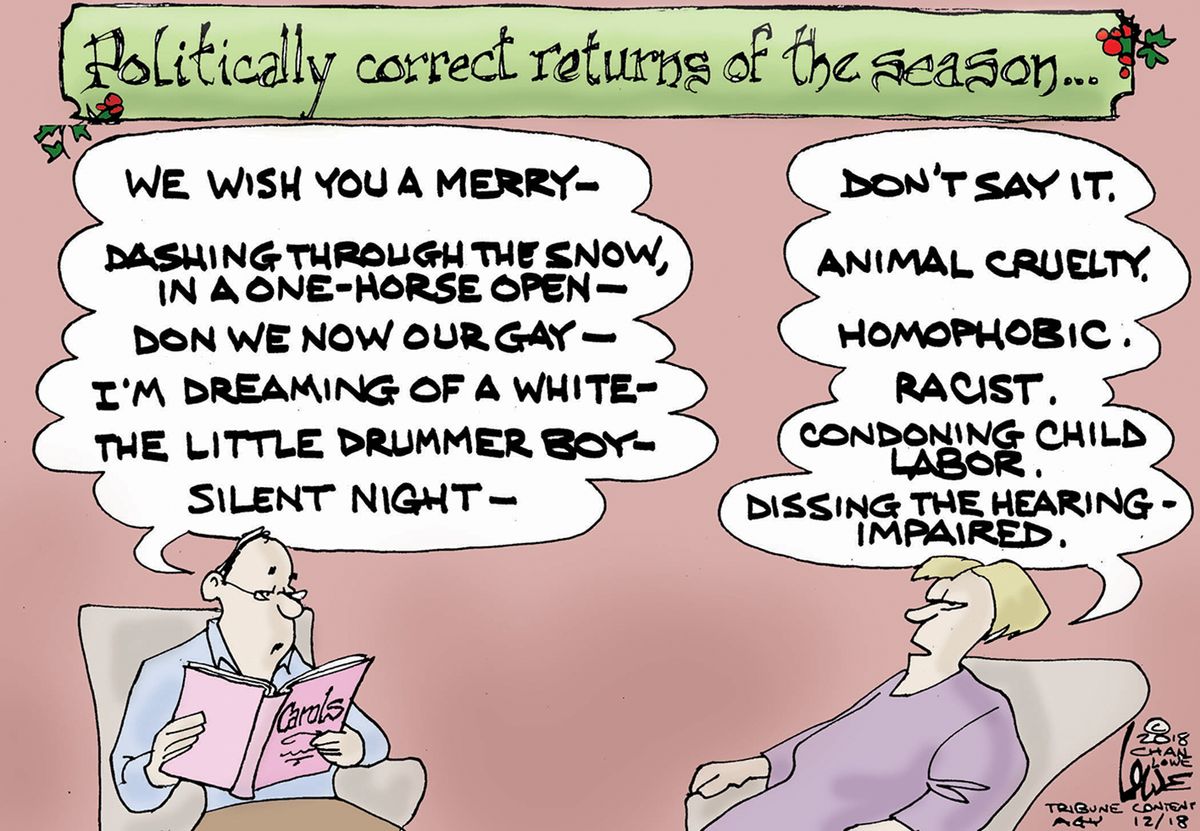
The holiday season is upon us, and with it comes the inevitable discussions about Christmas and its cultural significance. While many people around the world celebrate Christmas as a joyous and festive occasion, others have raised concerns about the holiday's cultural appropriation and potential racist undertones. In this article, we will delve into the history of Christmas, its evolution over time, and explore the arguments for and against the notion that Christmas is a racist holiday.
Origins of Christmas
To understand the context of Christmas and its potential racism, it's essential to examine the holiday's origins. Christmas, as we know it today, is a celebration of the birth of Jesus Christ, observed by Christians around the world. However, the early history of Christmas is shrouded in mystery, and its evolution is deeply intertwined with pre-Christian pagan traditions.
In ancient Rome, December 25 was celebrated as the festival of Saturnalia, a time of feasting, gift-giving, and merriment. Germanic tribes in Northern Europe observed Yule, a midwinter festival that involved the lighting of fires and the exchange of gifts. As Christianity spread throughout Europe, the early Christian church incorporated elements of these pagan festivals into the celebration of Jesus' birth.

Cultural Appropriation and Racism
Critics argue that Christmas has become a symbol of cultural appropriation and racism, as it has been imposed upon non-Christian cultures and communities. The holiday's early history is marked by the suppression of indigenous traditions and the forced conversion of non-Christian populations to Christianity.
For example, in many African countries, Christmas was introduced by European colonizers, who imposed their own cultural and religious practices upon the local populations. This led to the suppression of traditional African festivals and customs, as well as the erasure of indigenous cultures.
Similarly, in many Asian countries, Christmas has become a commercialized holiday, with its original cultural significance lost in the process. The emphasis on consumerism and materialism has led to the marginalization of traditional festivals and customs, as well as the exploitation of workers in the manufacturing and retail industries.
Arguments Against Christmas Being a Racist Holiday
While it's true that Christmas has been imposed upon non-Christian cultures and communities, it's also important to recognize that the holiday has evolved over time to become a celebration of cultural diversity and inclusivity.
In many countries, Christmas has become a symbol of national identity and cultural heritage, with its own unique traditions and customs. For example, in Mexico, the Posada celebrations are an integral part of Christmas, while in India, the festival of Diwali is often celebrated during the Christmas season.
Moreover, Christmas has become a time for people to come together and celebrate their differences, rather than their similarities. The holiday's emphasis on gift-giving, charity, and goodwill towards others has made it a powerful symbol of social cohesion and community building.

Conclusion
The question of whether Christmas is a racist holiday is complex and multifaceted. While it's true that the holiday has been imposed upon non-Christian cultures and communities, it's also important to recognize that Christmas has evolved over time to become a celebration of cultural diversity and inclusivity.
Ultimately, whether or not Christmas is a racist holiday depends on one's perspective and cultural context. However, by acknowledging the holiday's complex history and cultural significance, we can work towards creating a more inclusive and equitable celebration that honors the diversity of human experience.




Is Christmas a racist holiday?
+The question of whether Christmas is a racist holiday is complex and multifaceted. While it's true that the holiday has been imposed upon non-Christian cultures and communities, it's also important to recognize that Christmas has evolved over time to become a celebration of cultural diversity and inclusivity.
What are the origins of Christmas?
+Christmas, as we know it today, is a celebration of the birth of Jesus Christ, observed by Christians around the world. However, the early history of Christmas is shrouded in mystery, and its evolution is deeply intertwined with pre-Christian pagan traditions.
How has Christmas evolved over time?
+Over time, Christmas has evolved to become a celebration of cultural diversity and inclusivity. The holiday has been influenced by various cultures and traditions, and has become a symbol of national identity and cultural heritage in many countries.


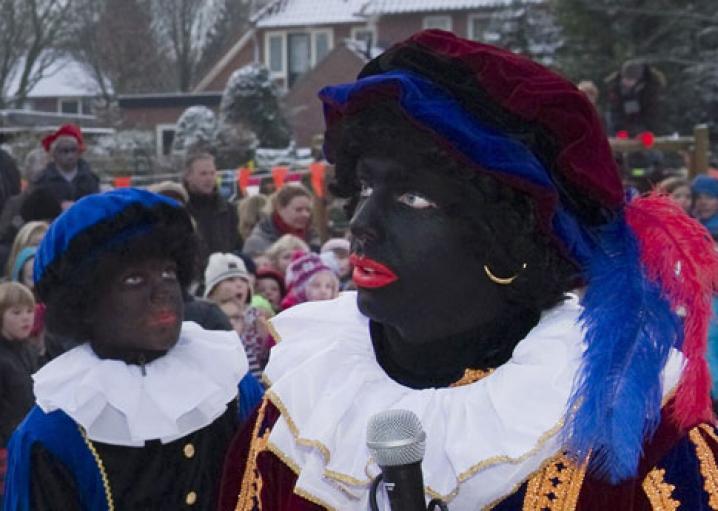


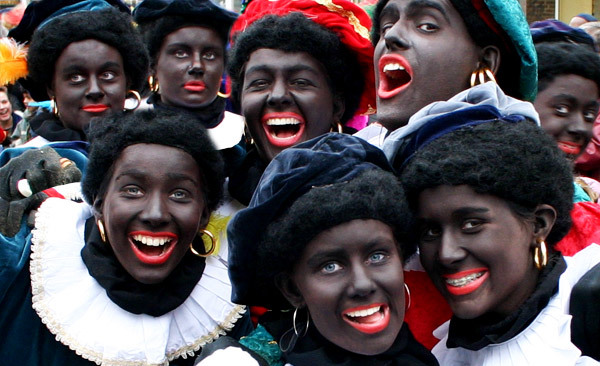
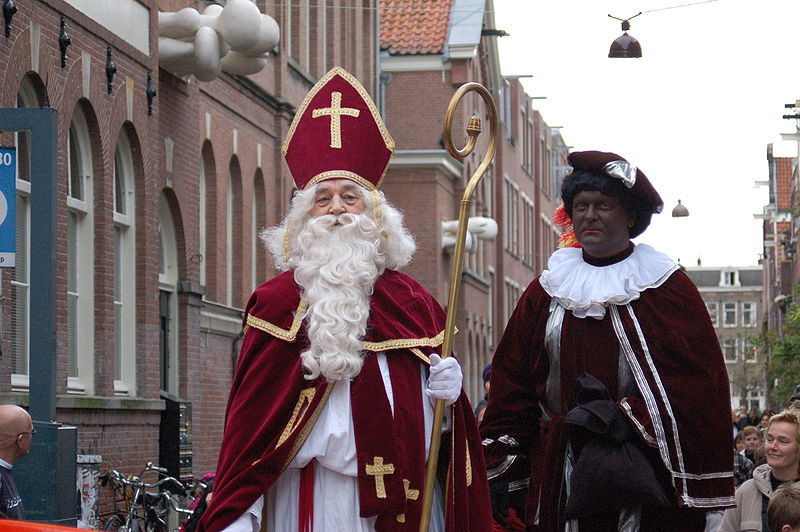
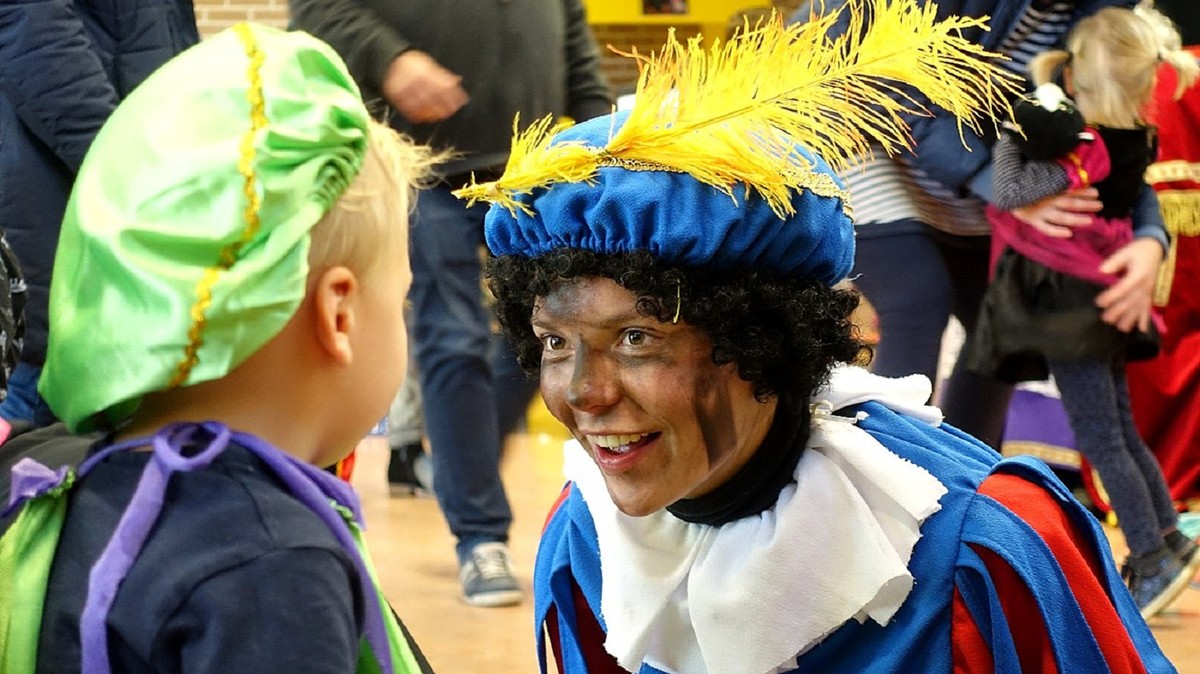

/cdn.vox-cdn.com/uploads/chorus_asset/file/2879470/10995483665_655b3e6d84_o.0.jpg)
